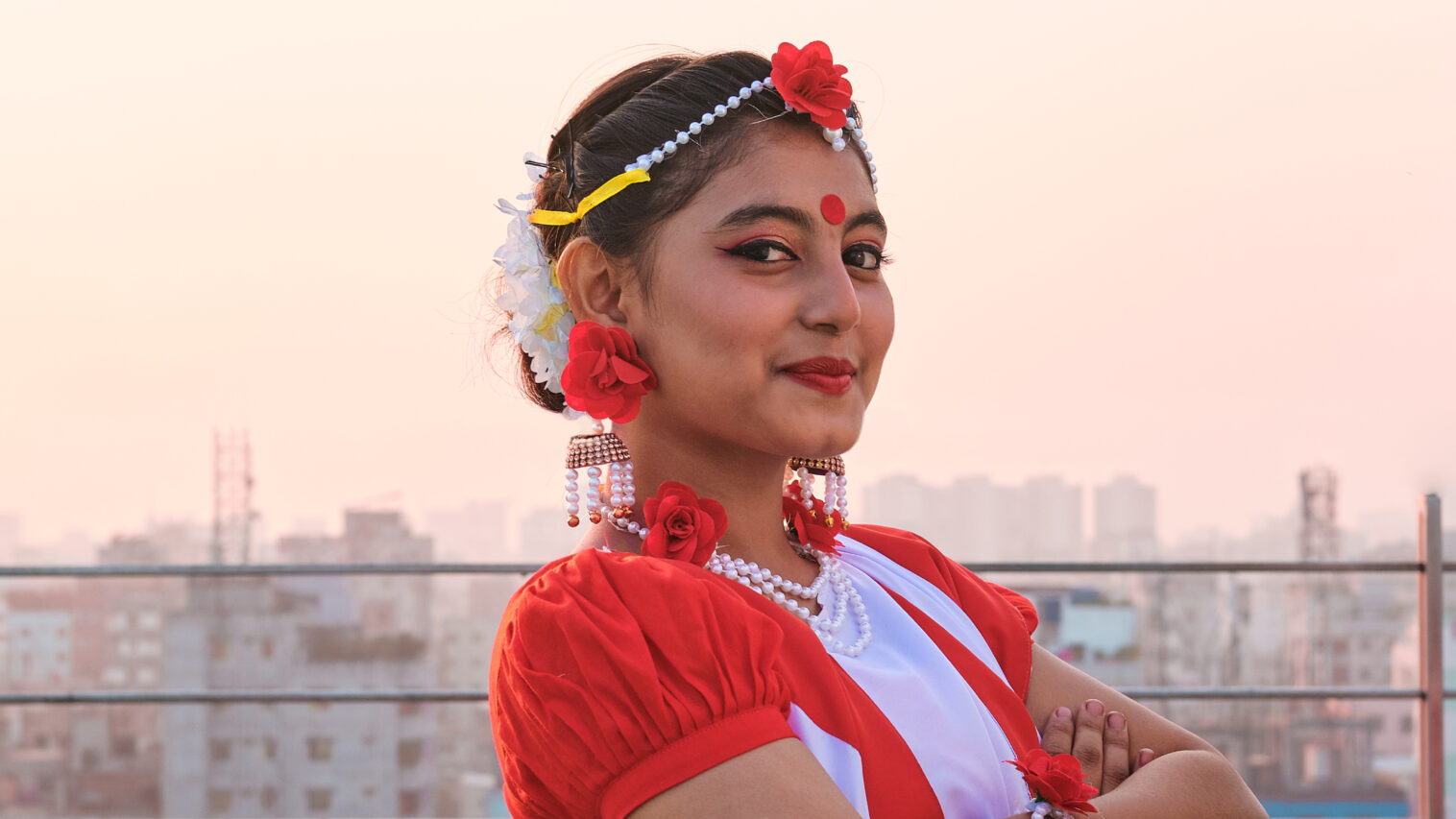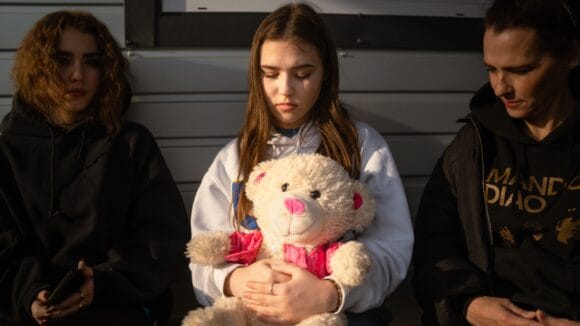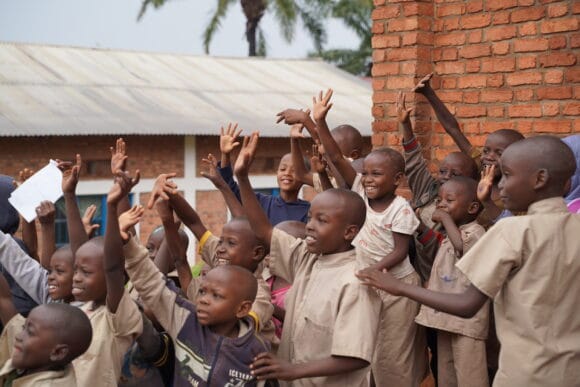A child that is growing up is sensitive and needs the protection of an adult. Sometimes we try to spare children from the harsh side of life, but sometimes revealing it is vital. For Bangladeshi girls, awareness of the dangers of child marriage is important so that they can protect their own rights.
Sixth-grader Lamia’s gold earrings reflect light. The girl sits with her back straight and sets her gaze straight ahead.
“Child marriage must end globally, our society suffers because of them,” says Lamia, emphasizing her words with a slight movement of her hand.
Child marriage must stop worldwide, our society suffers because of them.
Lamia says that in Bangladesh, people under the age of 18 are not allowed to marry, yet some of her friends are already married, or at least the parents are planning to marry their daughters soon. Many illiterate parents are unaware of how much harm getting married can do to a girl who is still growing up.
Lamia, on the other hand, has learned at school how child marriage affects a girls.
“A girl’s schooling is interrupted and pregnancy can be risky for her at that age.” I want to stop child marriage, declares Lamia.
Lamia has found courage at school to intervene and speak up for the other girls.
“My friend’s parents were going to marry her. I heard about it and went to talk to them. They decided to abandon the plan,” Lamia says with a smile.
She says she explained to parents that the girl is a child and not yet ready for marriage. Health risks and the future of the girl are also major concerns. What if she couldn’t get pregnant and he left her, what would happen to her?
Lamia is ready to make a difference
Although Bangladeshi law prohibits child marriage, there are many reasons why child marriages still happen. Lamia lists poverty, superstition and religion, as well as the girl’s duty to take care of her family as reasons for child marriage. Sometimes a girl’s own family may feel she is a burden, especially if their money is tight. These reasons are not easy to refute, as they are complex and tied to community traditions. Lamia knows that she can’t influence all parents alone.
Stop child marriage and study!
“If the parents don’t listen to me, I will talk to the teachers or even the police,” Lamia says.
Lamia’s own parents want her to finish school. This suits Lamia well, as she dreams of becoming a fashion designer. She would like to start her own showroom or clothing factory.
Lamia has another dream. She has something to say especially to other girls:
“Stop child marriage and study!”
Even one child marriage is one too many. You can help prevent child marriage in Bangladesh and enable girls to get an education. By donating to the Eväät elämään campaign, you support Fida’s long-term work in Bangladesh.
Donate
- MobilePay to the number 76551
- Donate €20 by texting FIDA20 to 16155
- By bank transfer: Fida International ry. IBAN account number: FI41 228 718 0000 5256, Reference number: 558002



